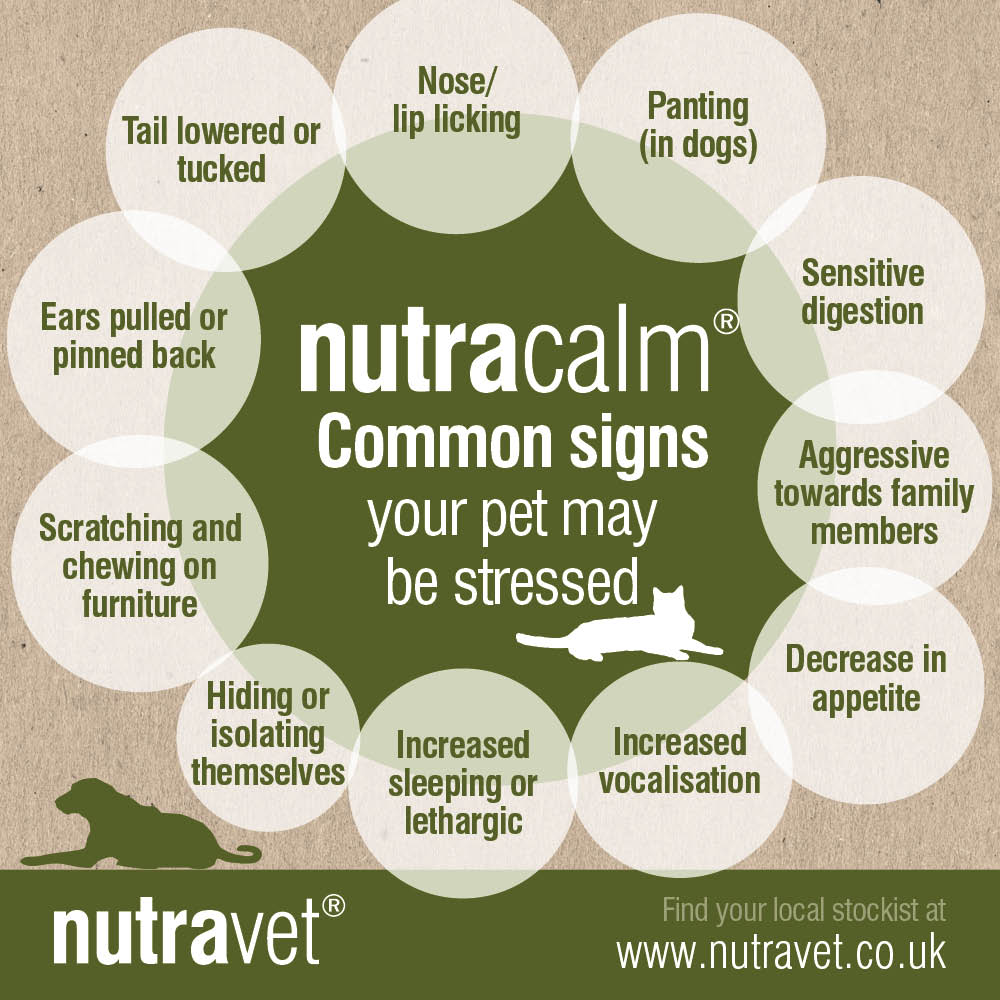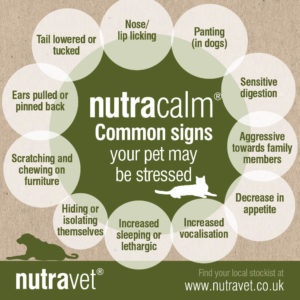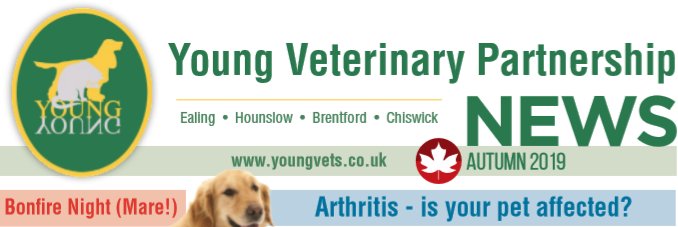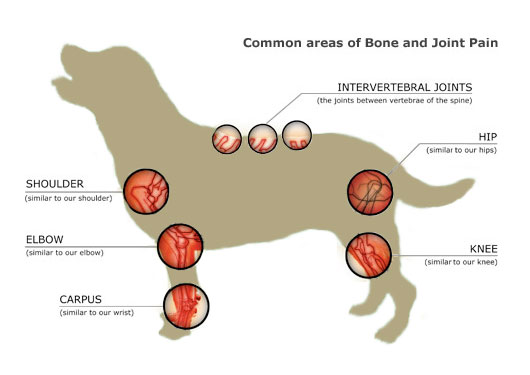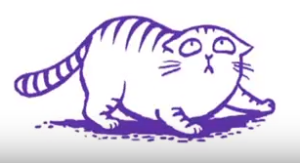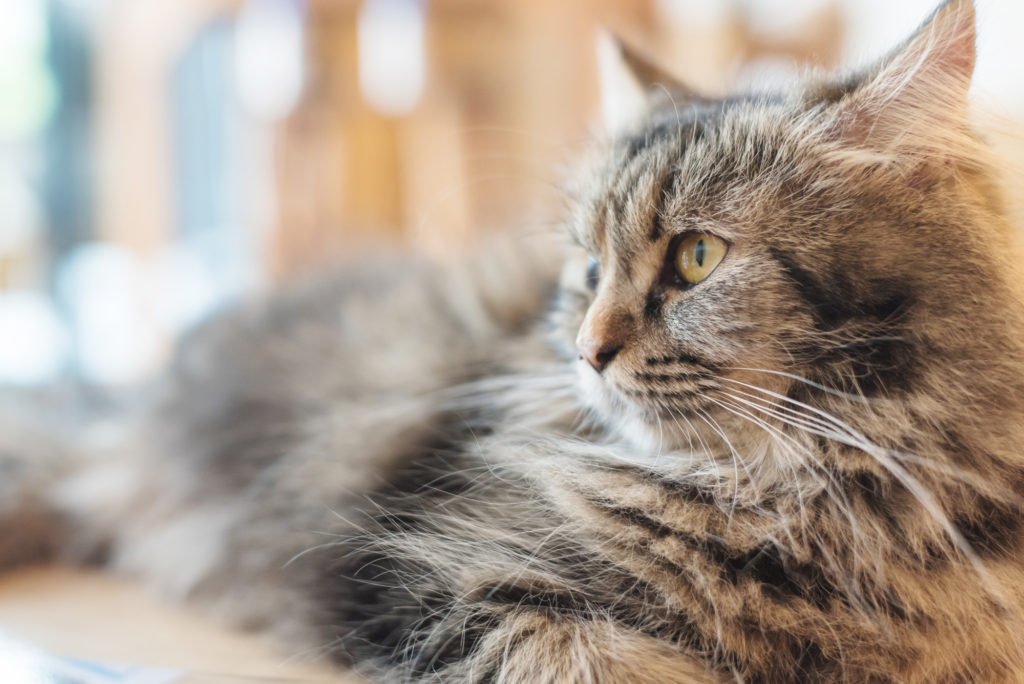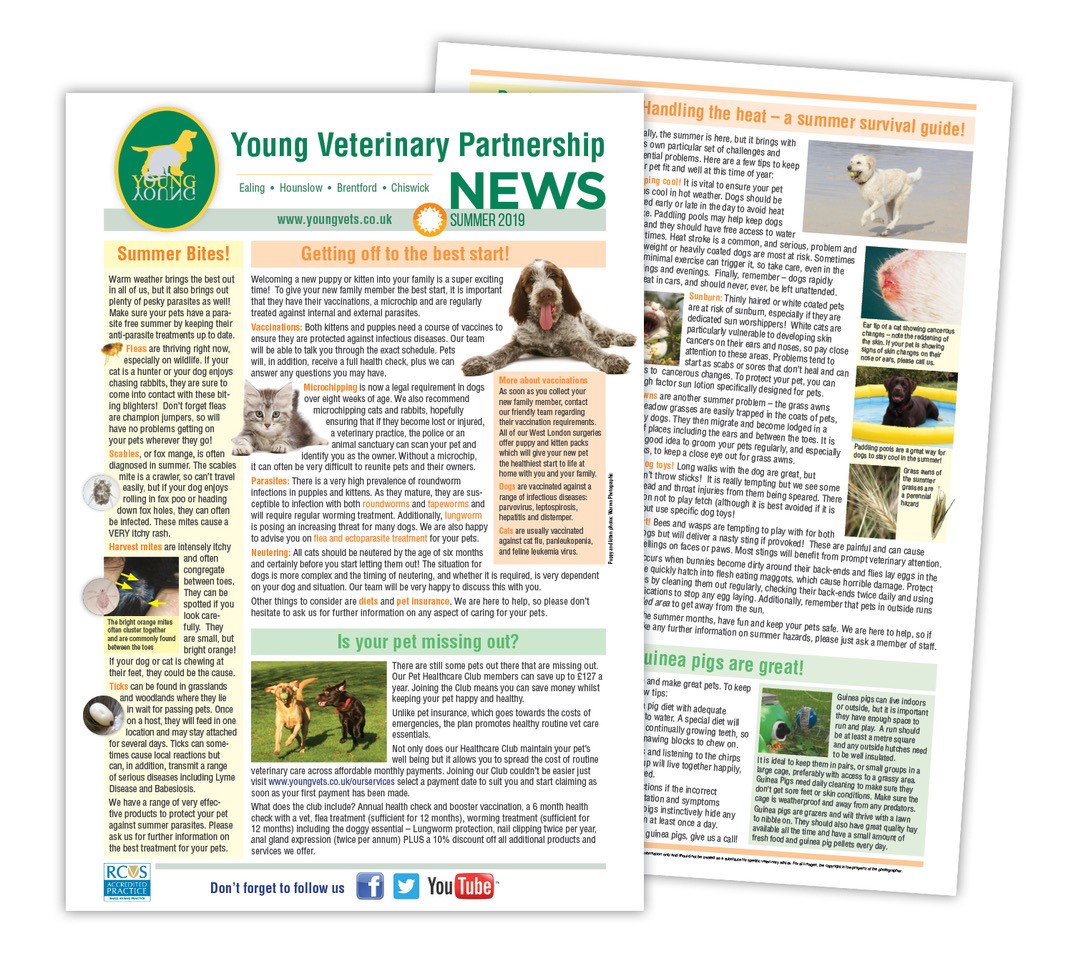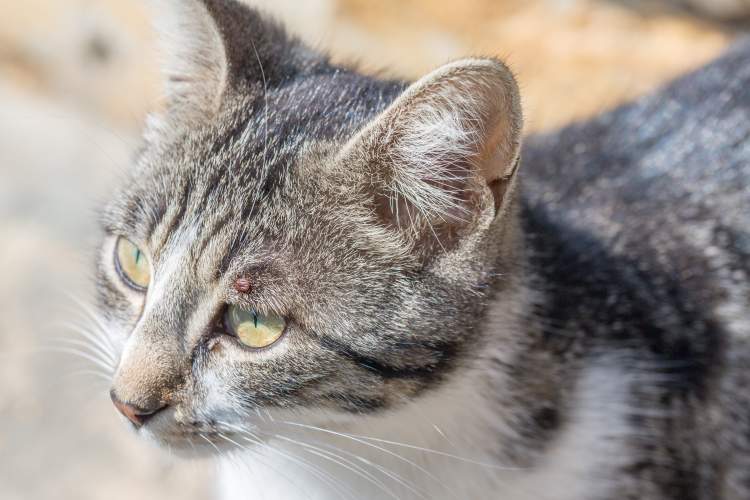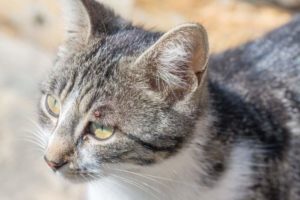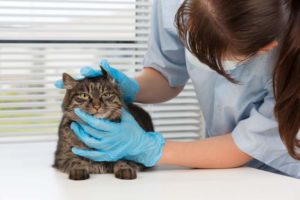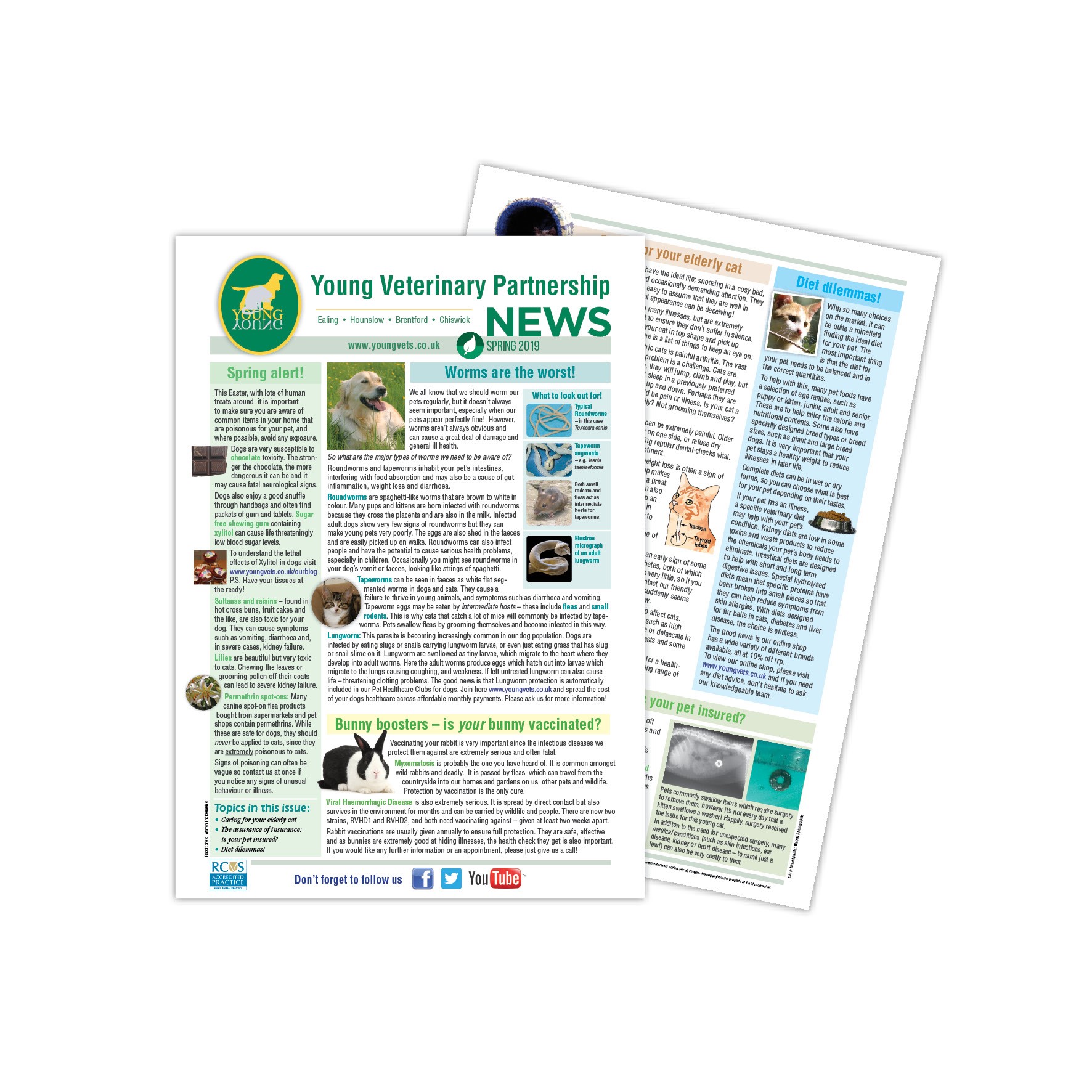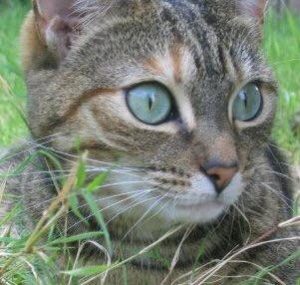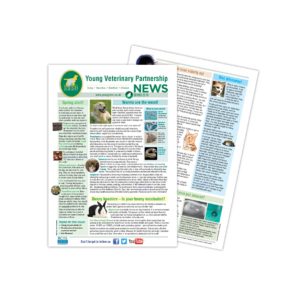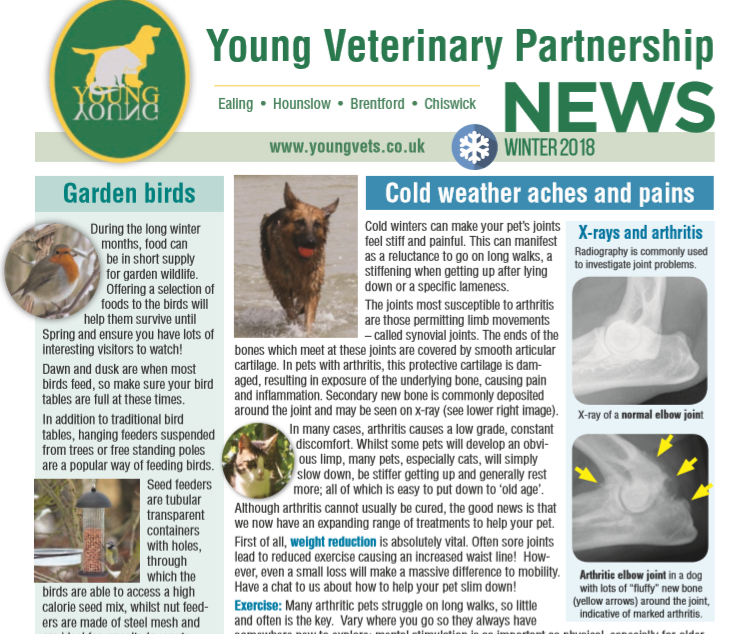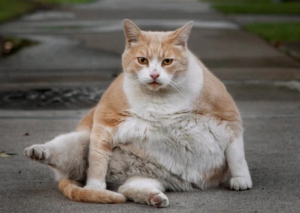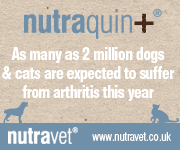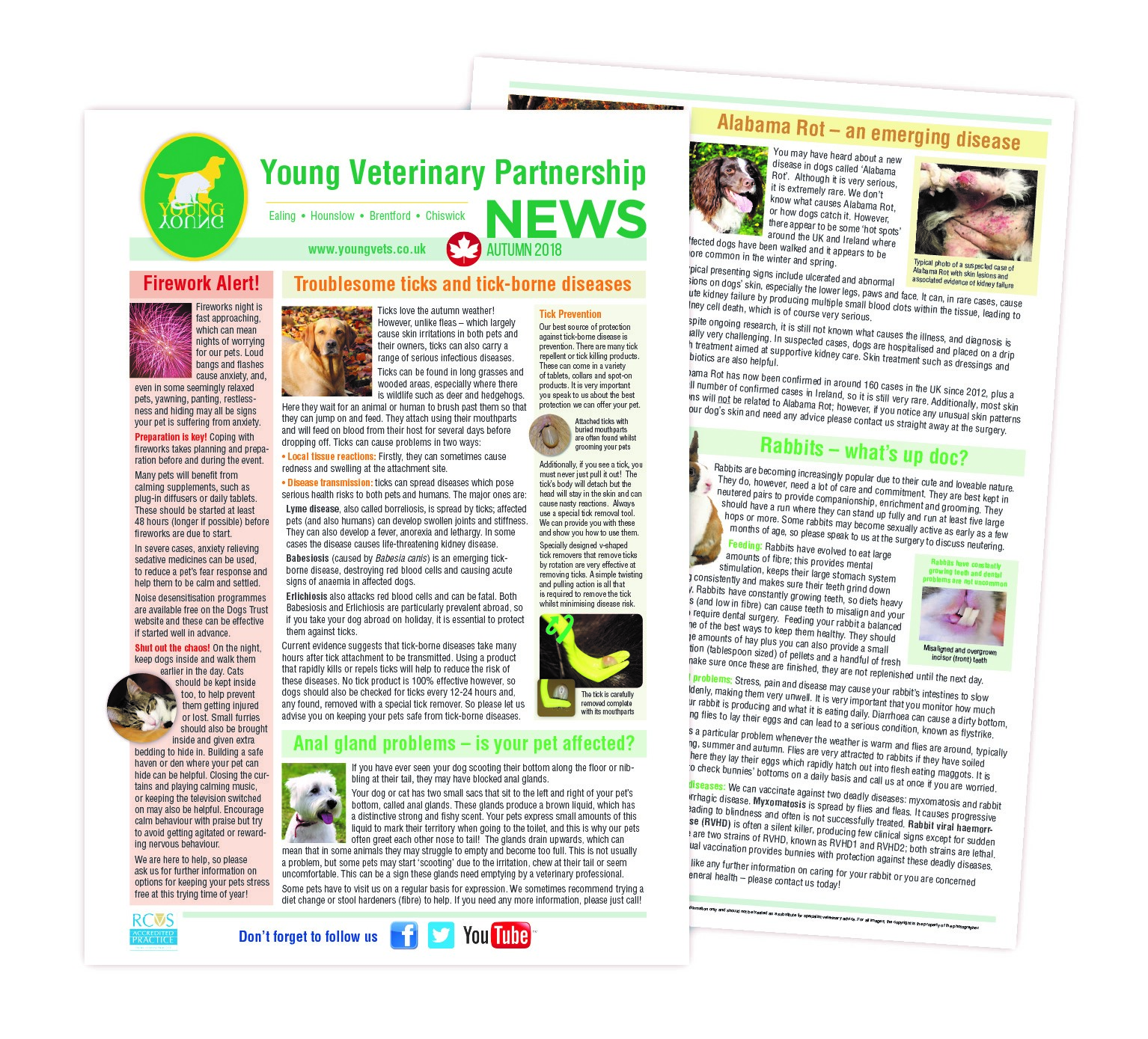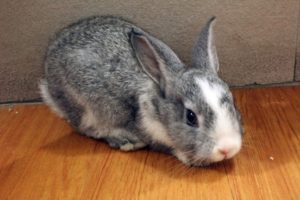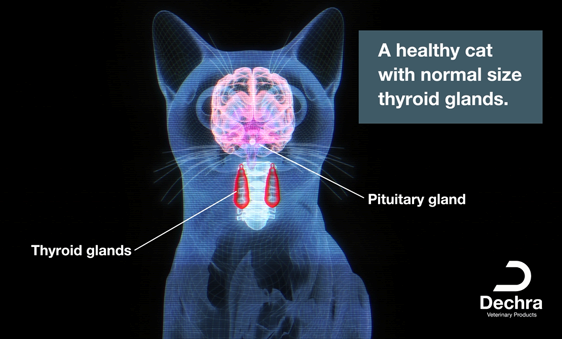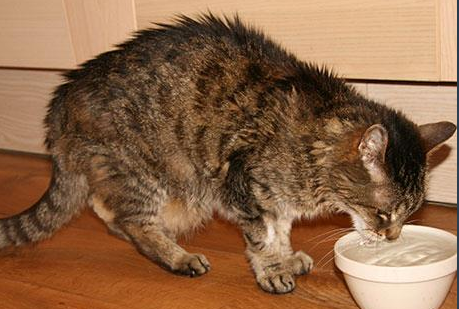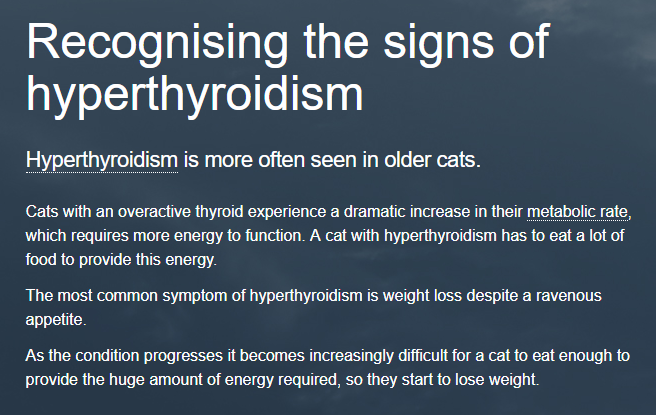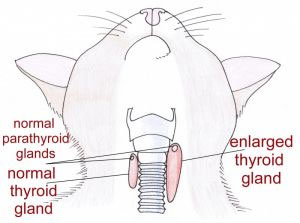Remember, Remember the 5th of November.
73% of owners say they have a pet who’s scared of fireworks – (Zylkenepet.co.uk)
Up to 50% of dogs may be affected by fear of fireworks – (adaptil.com)
Cats like routine and a quiet environment, unexpected noises will upset a cat – (feliway.com)
The above statistics show that your pet is not the only one with a fear of fireworks but carry on reading and we will help you care for your pet every step of the way, making it as stress free as possible throughout the fireworks season.
Every year we receive a number of phone calls and visits from worried owners, who are concerned about their pets reaction to fireworks. Both cats and dogs can suffer from noise related phobias around this time of year, the most important advice is BE PREPARED in advance.
Unfortunately for pets it now seems to be fireworks ‘season’ rather than night. We’ve put together a list of things to be aware of :
-
Make a den for your pet to hide in, if they are worried.
-
Make sure you & your family act normal – pets will pick up on your anxiety.
-
Walk your dog early to ensure it doesn’t get spooked.
-
Check microchip details are kept up to date.
-
Shut all windows & cat flaps.
-
Stock up on some news toys and treats as a distraction.
-
Do not punish your pet, if they are worried.
If you have more than one pet, ensure that each of them has their own hiding place and if that is where they prefer to be, don’t force your pets out. Make sure your curtains are closed and turn up the tv or radio a little louder than normal. Be aware that very stressed pets can become aggressive so please take care if your pet is showing signs of anxiety.
If you have a nervous pet or you know they are anxious around the fireworks period we have a variety of different options available for you.
For more anxious dogs, there is an innovative new product to treat canine noise anxiety. A fast acting gel that can be given at home and tailored to the timing and duration of the noise event. The get can be given at home and can be used as part of an existing canine behaviour modification programme. It is easy to administer from a syringe and ensures the correct dosage for your dog.
The syringes are a Prescription Only Medicine for use in severely affected dogs suffering with anxiety.
Nutracalm supplement’s are available at all of our surgeries, for both cats and dogs. It has been specially formulated by vets to naturally calm anxious pets and reduce unwanted or unruly behaviour in dogs and cats. Nutracalm helps reduce stress, calms behaviour, is fast acting and easy for pet owners to administer.
For cats – FELIWAY is a synthetic copy of the feline facial pheromones used by cats to mark their territory as safe and secure. By mimicking the cats natural pheromone, Feliway creates a state of familiarity and security in their environment. This comes as a plug-in or a spray. Feliway should be started 2 weeks before firework season for maximum effect.
-
For dogs – ADAPTIL is a product that contains a Dog Appeasing pheromone. It is a copy of a pheromone that a bitch (female dog) releases to comfort her puppies and should help to reassure and calm your dog. It comes as a plug –in, a spray or a collar. Adaptil should be started 2 weeks before firework season for maximim effect.
For both dogs and cats – ZYLKENE is a supplement derived from milk proteins that can help to make your pet feel more relaxed. Zylkene is palatable and easy to give; simply mix with food or give as a treat, just once a day. It is lactose and preservative free. These supplements should be started at least 1-2 days before any fireworks are expected.
As our blog above explains, we have a wide range of products to help your pet through the fireworks season. Please contact our team before the fireworks start and they will be able to discuss the best product to help you and your pet. Don’t forget to download your fireworks soundtrack and start playing it weeks (even months) before fireworks start to help prepare your pet for the noise.

